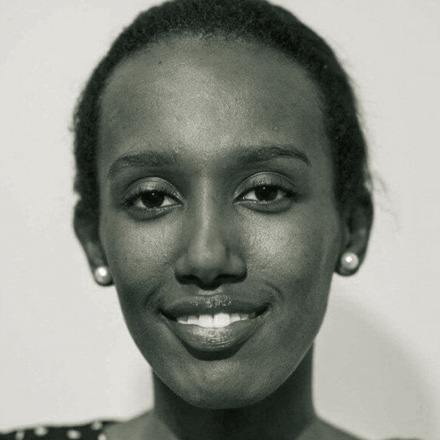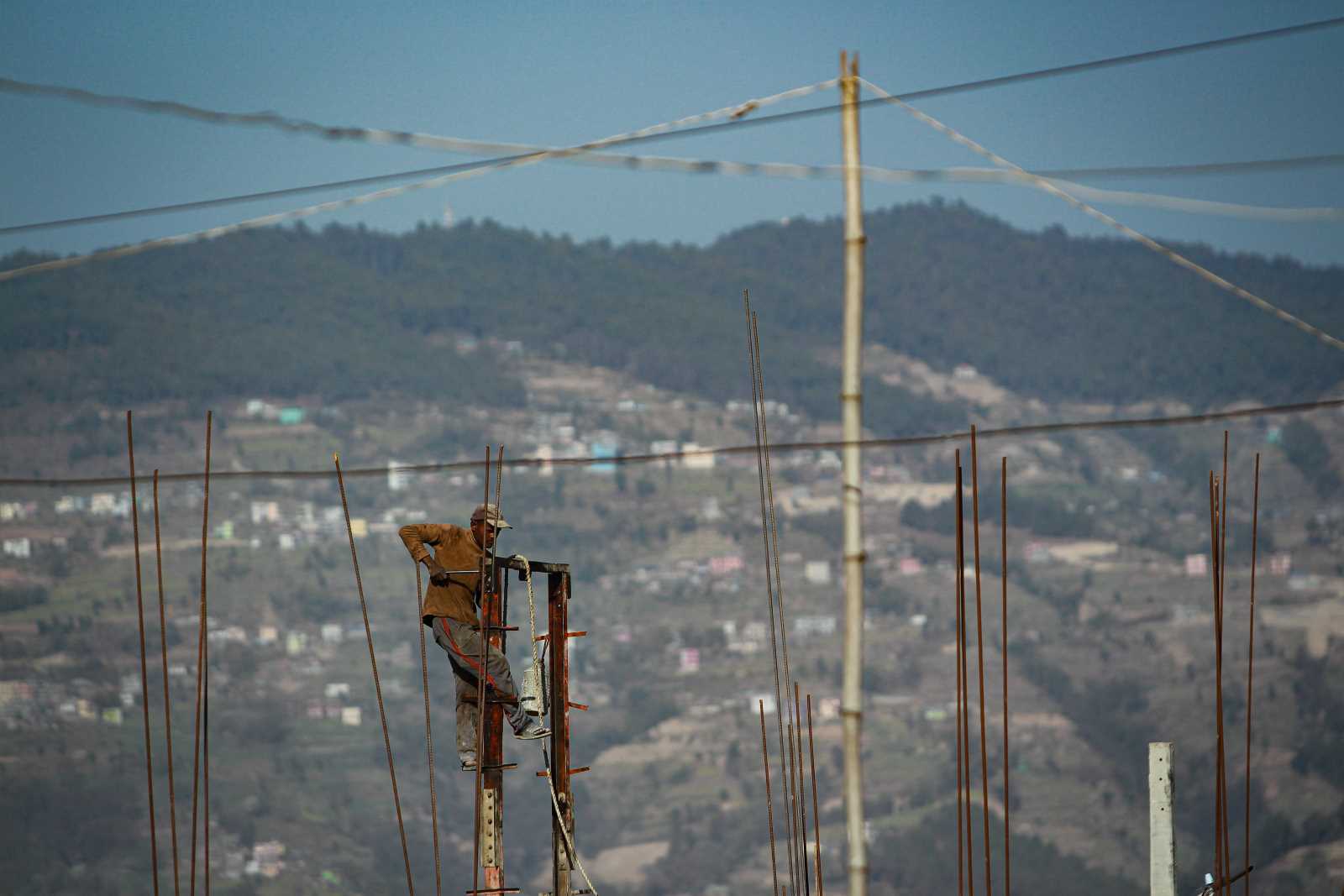Our view
Digitalisation requires private dynamism and prudent regulation

Digital progress was more dynamic than in many other sectors that development agencies and policymakers focus on. Today, many cities in low and middle income countries have tech hubs where start-up companies develop useful applications which help to improve people’s lives.
It is well understood that private companies made mobile telephony and mobile money feasible in Africa after the turn of the millennium. What is less commonly known is that they enjoyed support from donor agencies. For example, the DEG, an investment fund that belongs to Germany’s development bank KfW, was an early shareholder of Celtel, the pioneering company which was led by Mo Ibrahim and first launched mobile phone networks in sub-Saharan countries. Later, DfID, Britain’s Department for International Development, supported the development of M-Pesa, Kenya’s mobile money system.
Unfortunately, DfID was merged into Britain’s foreign office in the course of Brexit. It no longer serves as an innovating force in international development affairs.
Schools are becoming even more important
For nations to make the most of digital technology, governments must play their role. Formal education is becoming increasingly important. Yes, some apps serve illiterate people, but those who read have access to far more information. International discourse is held in languages like English, French and Spanish. Those who only speak a vernacular cannot take full advantage of the World Wide Web.
In its early stages, the digital economy thrived in a largely unregulated sphere. Even in the 1990s, Silicon Valley companies were still known for not doing much lobbying in Washington. Now they are lobbying giants. The anti-trust proceedings against Microsoft were the turning point. In yet another epsiode of economic history, it had become clear that leaving things to market forces would lead to monopolistic dominance. Accordingly, the tech companies now want to shape political discourse.
We actually need better international regulation. Profit-maximising corporate giants are running social media platforms that have become indispensable for public debate, at both national and international levels. The companies make the rules. They are free to decide whether they want to ban liars and propagandists, and it is up to them whether they apply their own rules consistently. All too often, they do not. Hate speech remains unchecked in many cases. Anti-democratic propaganda abounds. Content moderation is typically not done in African or Asian languages.
Freedom House, the Washington-based pro-democracy initiative, warns that an increasing number of governments are restricting civic liberties online. Human rights are indivisible, however, and need to be defended in international and multilateral settings.
Humanity is facing huge challenges including global heating. Digital technology can help us get a grip on some of the problems. But if we want technology to serve the common good, we cannot simply leave application to market forces. Regulation must not obstruct progress, but it must ensure that oligarchic corporate interests do not become obstructive. And that, obviously, applies to artificial intelligence too.
Hans Dembowski is the editor-in-chief of D+C/E+Z.
euz.editor@dandc.eu












